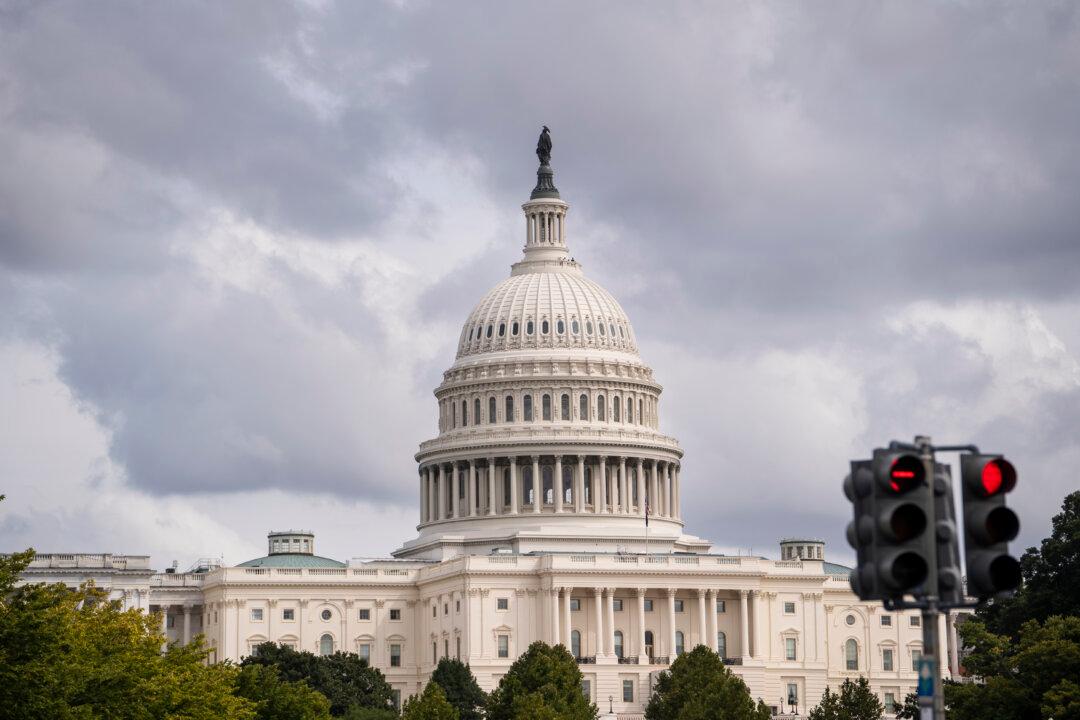The House passed a bill on Sept. 18 that would codify into law a Trump-era regulation for labeling products made in Israel, the West Bank, and Gaza.
The Anti-BDS Labeling Act, which was introduced by Rep. Claudia Tenney (R-N.Y.), passed 231–189. All 215 Republicans, along with 16 Democrats, voted in favor of the measure, and 189 Democrats voted against it.





